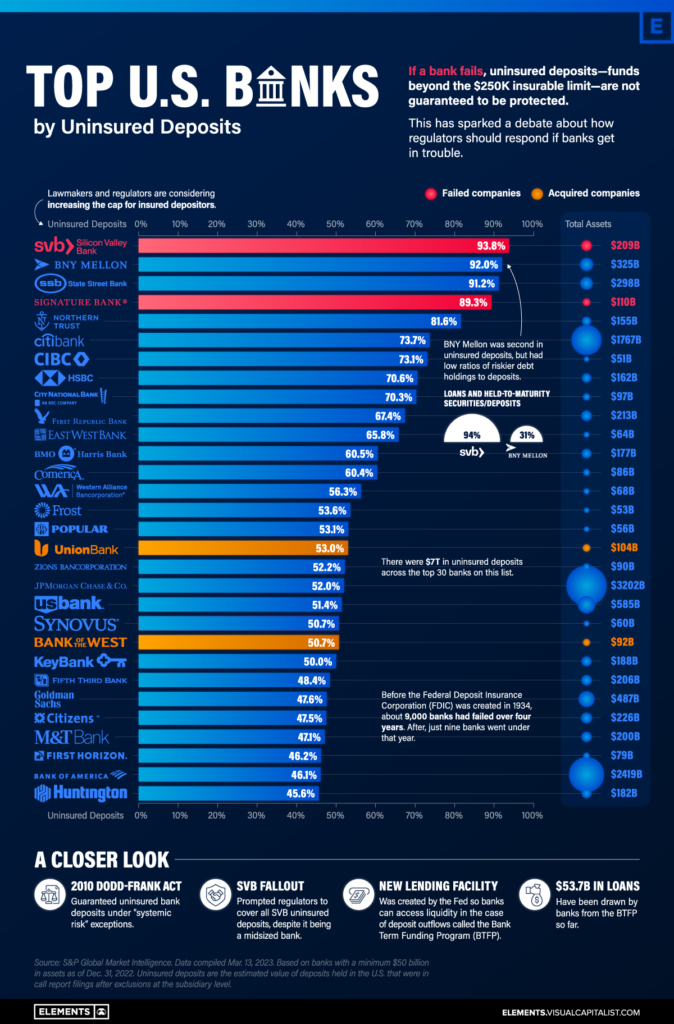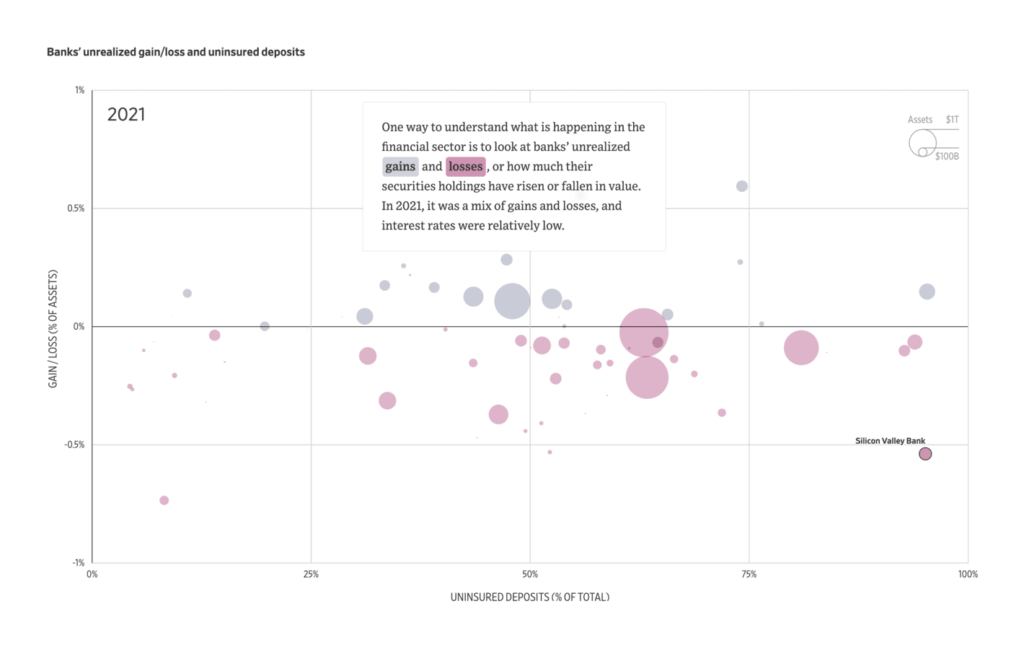Link: https://www.wsj.com/articles/barney-frank-pushed-to-ease-financial-regulations-after-joining-signature-bank-board-e5c8819c
Excerpt:
Former Rep. Barney Frank co-sponsored the law that tightened banking regulations after the financial crisis, but since leaving office he has been working the other side of the street—as a board member of Signature Bank, which regulators shut down Sunday.
The 2010 Dodd-Frank legislation set tougher regulatory safeguards on banks with more than $50 billion in assets. After leaving office and joining Signature’s board, Mr. Franks, a Massachusetts Democrat, publicly advocated for easing those new standards for smaller banks.
Part of what former President Donald Trump signed into law in 2018 raised the asset threshold to $250 billion, meaning Signature and other regional banks no longer needed to comply with the extra regulation set out in Dodd-Frank.
After the bill was signed, New York-based Signature more than doubled in size to $110 billion in assets, and $88.6 billion in deposits as of the end of 2022. The stricter requirements, had they been in place, might have prompted bank executives and their overseers to move more quickly to place the lender on sounder financial footing, some industry observers say.
Mr. Frank, who has earned more than $2.4 million in compensation from Signature Bank since 2015, rejected the idea that the regulatory change abetted Signature’s collapse.
“Nobody has shown me any evidence of systemic or other kinds of fraud that would have been prevented” without the 2018 rollback, Mr. Frank said.
Author(s): Julie Bykowicz
Publication Date: 13 Mar 2023
Publication Site: WSJ

